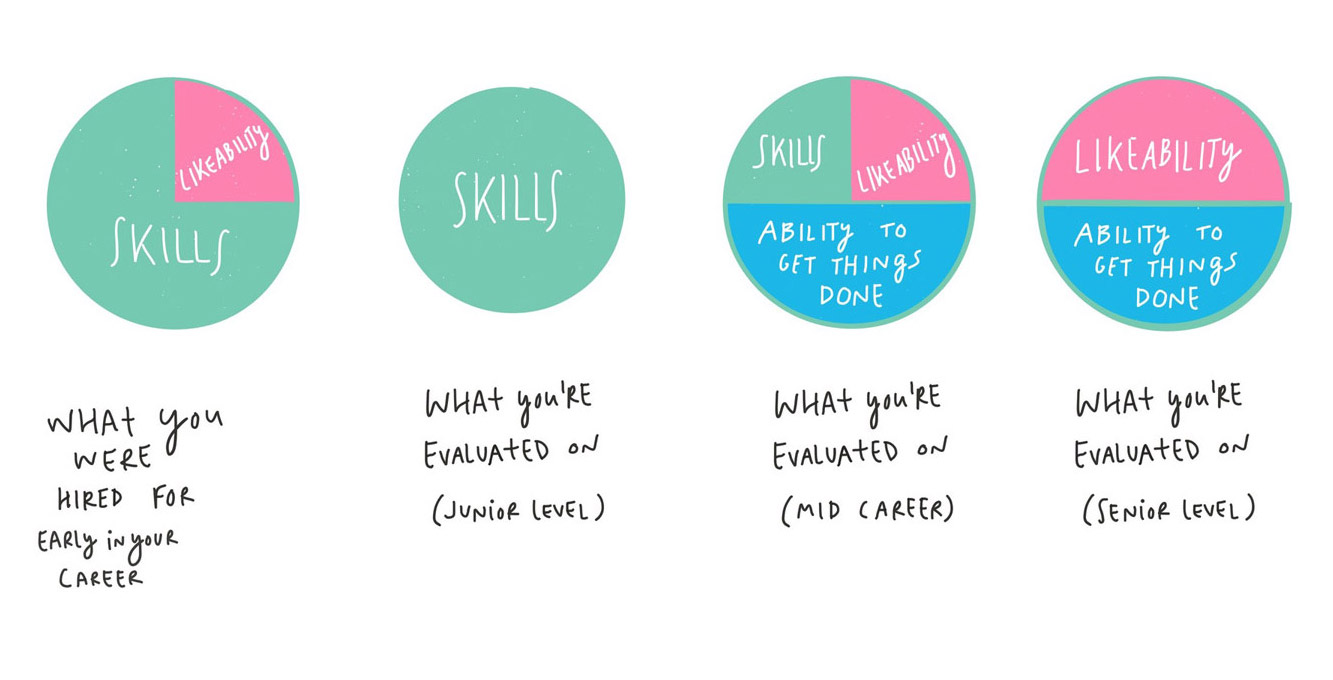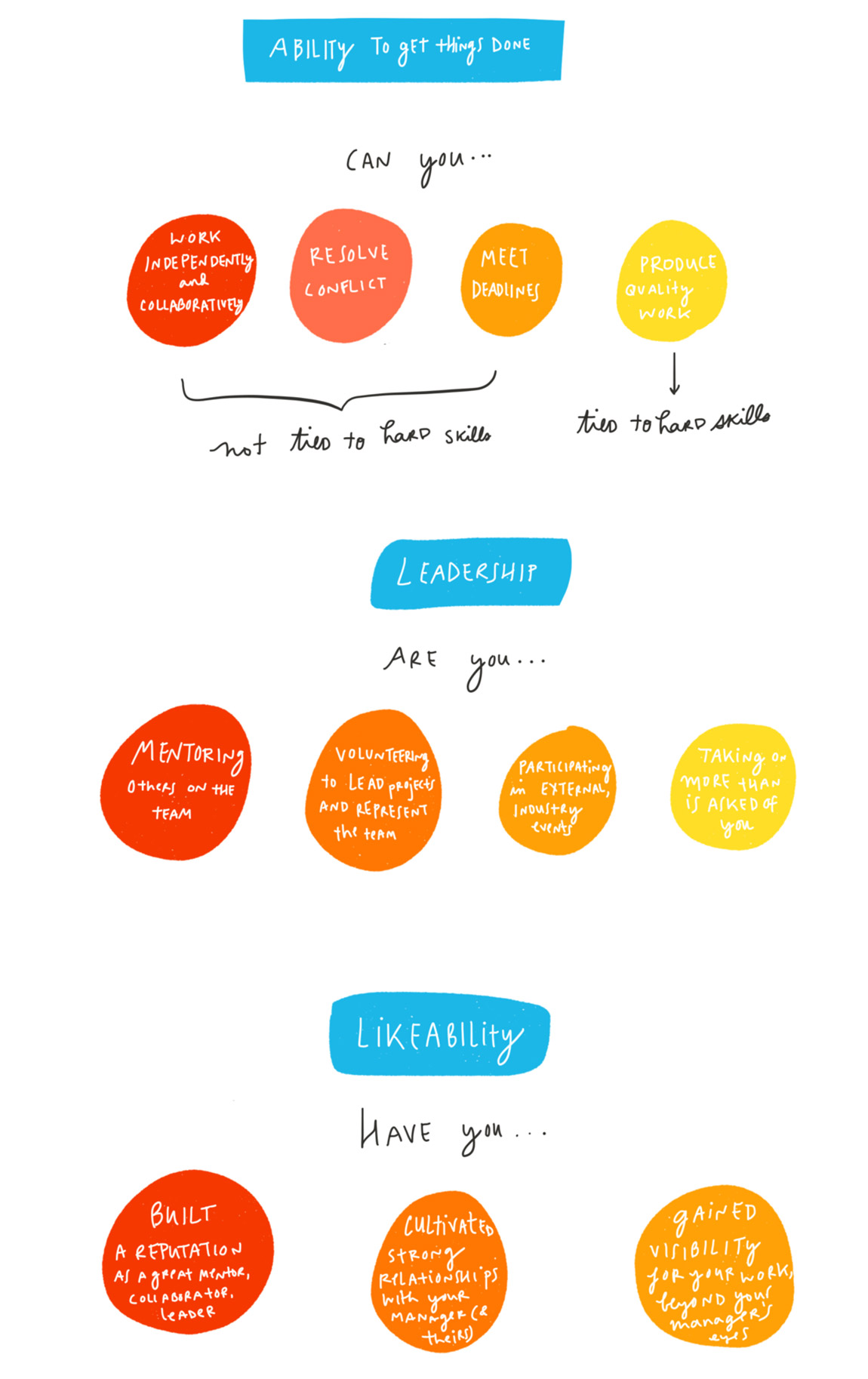Your #Career : 7 Mistakes For Rookie Job Seekers To Avoid… Mistake #1. If you Have Spent the Last 8 Hours Posting for Jobs Online, you Have Wasted 7 Hours & 50 Minutes.
A job search is like a marathon. You can’t cut corners on the preparation and expect to cross the finish line in record time. Everyone who is in a job search wants the silver bullet. There isn’t one. Job searching, even under the best of circumstances, is a lot of work. Be prepared for a lot of rejection, but also for a lot of kindness and support along the way.
I meet many job seekers who have never had to conduct a formal job search. After coaching over a thousand clients at every professional level and across practically every industry, I’ve found that most make the same rookie mistakes.
If you’re looking for a new job, below are some tips for starting off your search on the right foot:
1. If you have spent the last eight hours posting for jobs online, you have wasted seven hours and 50 minutes. It can be tempting to apply to jobs online. So many positions are listed, and so many appear to be a fit. But while you are hitting the send button, so are 500+ other people. Job postings represent the open market; the jobs everyone gets to see. Most people source their jobs through the hidden job market, the ones where opportunities are shared through close contacts and conversations. Shift your strategy and spend most of your time networking for job leads, and limit your time applying to jobs online.
Like this Article ? Share It ! You now can easily enjoy/follow/share Today our Award Winning Articles/Blogs with Now Over 2.5 Million Growing Participates Worldwide in our various Social Media formats below:
FSC LinkedIn Network: (Over 15K+ Members & Growing !) www.linkedin.com/in/frankfsc/en
Facebook: (over 12K) http://www.facebook.com/pages/First-Sun-Consulting-LLC-Outplacement-Services/213542315355343?sk=wall
- Google+: (over 800K)https://plus.google.com/115673713231115398101/posts?hl=en
- Twitter: Follow us @ firstsunllc
educate/collaborate/network….Look forward to your Participation !
Continue of article:
2. Just because you did it doesn’t mean it belongs on your resume.Many people’s resumes read like a laundry list of everything they’ve ever done. A resume should be targeted to the needs of an employer and prove where you can add value. The employee recognition award you received for a Y2K conversion back in 1999 probably isn’t going to cut it with an employer in 2016. Instead, tell stories of initiatives you are involved in today that are helping to move your company, industry or profession forward.
3. Don’t tell me about the things you were expected to do; write about the things you did that no one ever dreamed possible. Most resumes describe tasks that hundreds of others perform in their jobs every day. What catches the hiring manager’s attention is the value you brought to that job task. For example, if you are an operations executive, don’t just write that you ran a call center. Instead, explain how you transformed its performance, implemented metrics to improve accountability and the customer experience, or saved money or time.
4. If no one returns your calls requesting a networking meeting, you are leaving the wrong message. Many people approach their contacts by saying something like, “If you know anyone who is hiring, please let me know.” It’s highly unlikely that your contact knows someone who is hiring for a position with your skill set right now. A better message would be to say, “I’m in a career transition and I would love to pick your brain to learn more about your company, the industry and trends in the profession. I wanted to reach out to you because I trust your opinion and value your advice.” By asking for information rather than a job, you are more likely to get a response and initiate a conversation. Many will be flattered that you asked and will reciprocate with whatever help they can offer.
5. People who don’t think online networking is relevant to their job search will become irrelevant to the hiring managers who think it is. Many job seekers are still reluctant to create an online digital footprint. But it’s becoming more difficult to substantiate being an expert in your profession when there is no online proof of your thought leadership. LinkedIn will be the social media tool of choice for many professionals — but don’t just create a shell of a profile. Optimize your professional image with proof of your accomplishments via strong stories of success, keywords, the LinkedIn publishing platform, and even case studies and videos if appropriate.
6. People think they should talk in general terms about career successes, but you build trust with interviewers by talking about specifics. The goal of the interview is to build trust and engagement. This is best done by showcasing stories about business problems you have solved that are relevant to the organization, not by focusing on the typical personality clichés. Telling the interviewer how you influenced the entire senior management team to fund a multimillion-dollar technology upgrade that in turn protected them from a cyber-security breach will be much more memorable than simply telling him you are a good communicator.
7. When hiring managers ask you in an interview what your weakness is, they already know. The goal is to figure out what they believe is the gap in your candidacy and address it head on. Perhaps you lack experience in a particular industry or don’t have the MBA they say is preferred. Show that while you don’t have a certain qualification, you have other skills that are more relevant and transferable. For example, an HR professional who doesn’t have hospital experience and is interviewing for a role in a hospital can focus on the similarities within the HR function that transcend industries. The candidate who lacks an MBA can show how they’ve solved business problems that are frequently solved by candidates who have the degree.
A job search is like a marathon. You can’t cut corners on the preparation and expect to cross the finish line in record time. Everyone who is in a job search wants the silver bullet. There isn’t one. Job searching, even under the best of circumstances, is a lot of work. Be prepared for a lot of rejection, but also for a lot of kindness and support along the way.
Forbes.com | May 10, 2016 | Forbes Coaches Council













